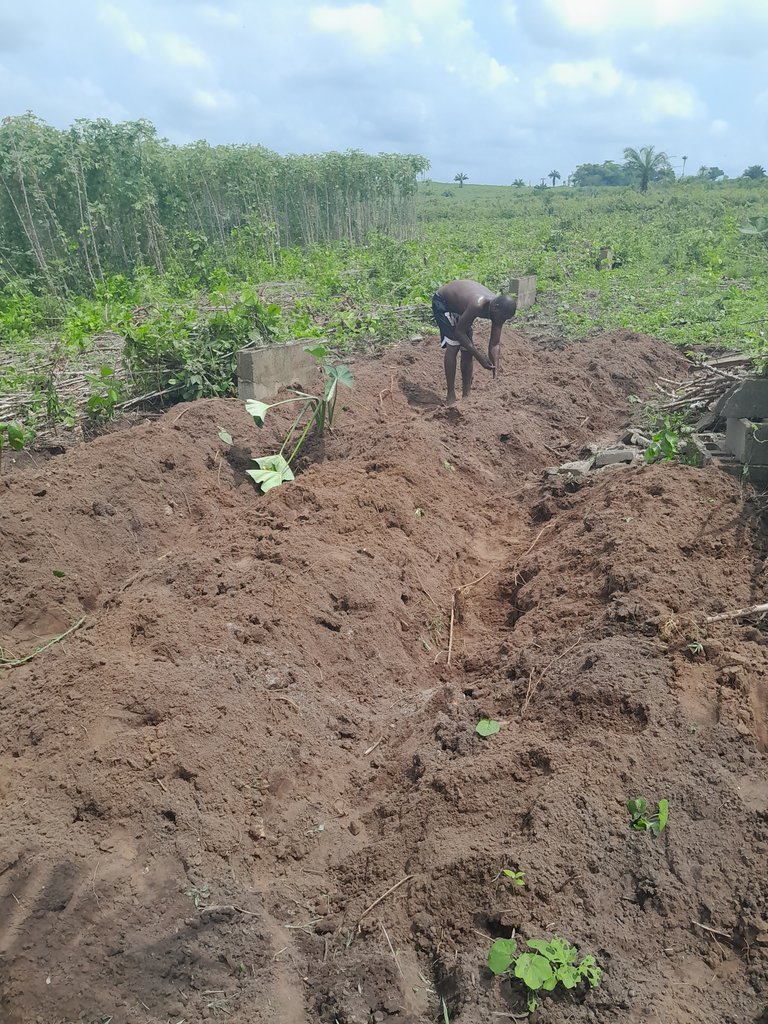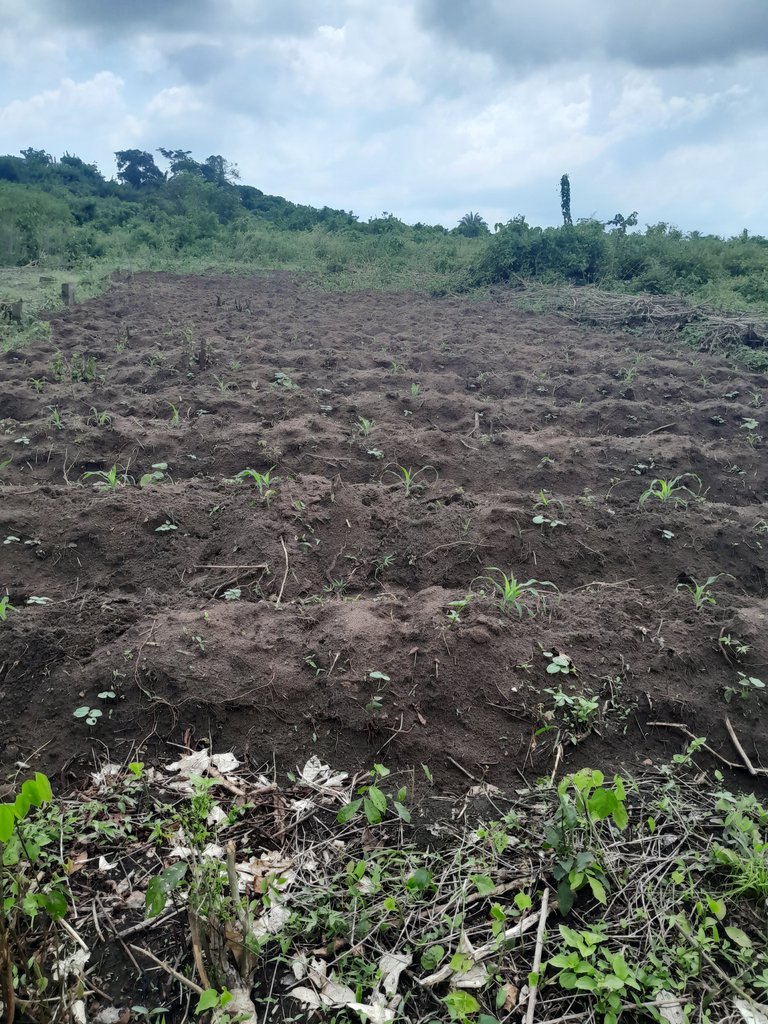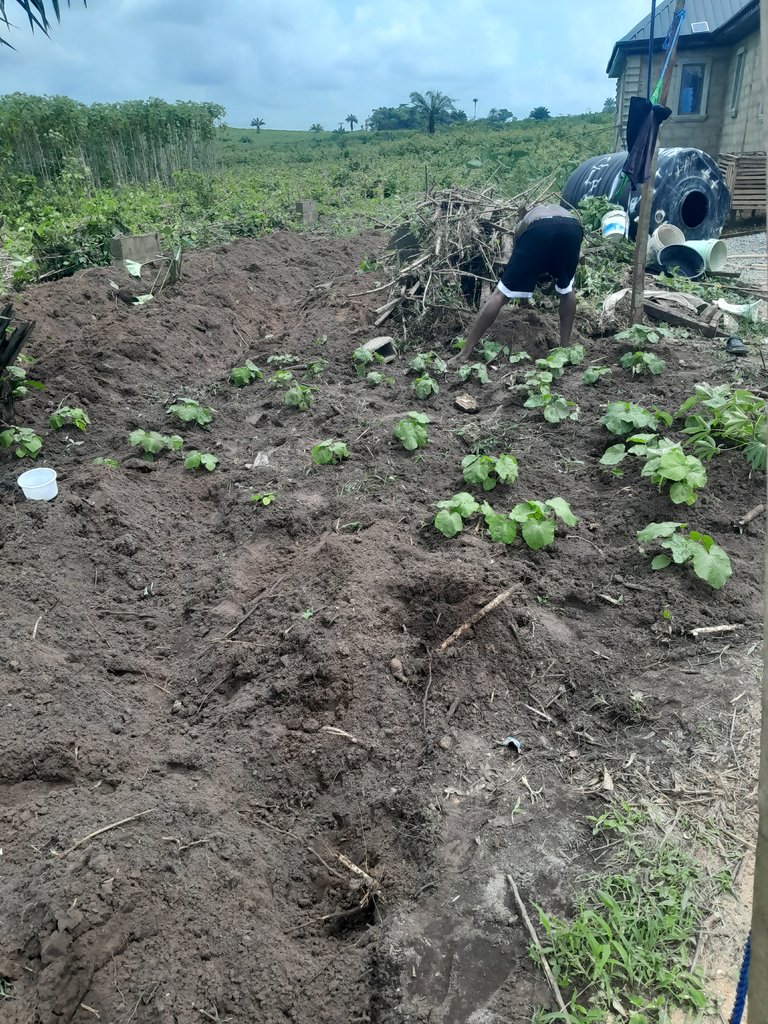Farming as a Lucrative Venture: Embracing Our Roots for Economic Growth
Farming is a highly profitable business with immense potential. It was once the primary occupation of our ancestors, especially in Africa, where farming significantly contributed to economic growth. In the past, Africa’s biggest investments came from agricultural products, particularly cash crops like cocoa, which were widely grown and traded.
Today, however, many people have abandoned farming, aiming instead for white-collar jobs. There is nothing wrong with choosing a white-collar job, but this shift has affected agriculture's role in the economy. In our country, much of the land originally designated for farming has been transformed into housing estates, leaving some areas idle and unproductive. I vividly remember that one of the largest buildings in Ibadan was constructed from the profits generated by cocoa farming. This shows how impactful agriculture was on the economy just a few decades ago.
One major factor that led to the decline in farming was the discovery of crude oil in parts of the country. Since then, our focus has shifted towards oil, which was seen as a quicker route to wealth. This shift away from agriculture weakened a major foundation of our economy, which had relied heavily on farming for sustainability. A few decades ago, our country was in better economic shape compared to today. Farming provided stable income, employment, and food security, which supported local communities and kept the economy strong.
I work as a civil servant, and I can tell you that the salary alone is not enough to maintain a sustainable lifestyle. As a nation, we heavily rely on imported goods, and our currency has been losing value rapidly. This depreciation has become particularly noticeable in recent years, and it has made it harder for people to afford basic needs. Although we often turn to God for help, we must remember that we have the ability and responsibility to find practical solutions to our challenges. While spiritual support is essential, we need to address the tangible issues ourselves.

For those who have been following my posts recently, you’ll know that I’ve been talking about working on my farm—cultivating the land, uprooting weeds, and preparing it for the next planting season. After harvesting our cassava, we hired laborers to clear the field and make new ridges to plant more crops. Our plan is to grow maize, watermelons, and okra. In fact, we’ve already started planting some of these crops, as you can see from the photos of our okra and maize

seedlings.
Farming can be very profitable, especially when done on a large, mechanized scale. Although it requires hard work and involves multiple steps—from land preparation to planting and harvesting—the rewards can be substantial. Mechanized farming, in particular, makes it easier to work large areas of land efficiently, boosting productivity and reducing labor costs.

In summary, farming offers a viable alternative to a white-collar job, especially in a country where the economy has become more challenging. While our ancestors understood the value of agriculture, we can revive its importance by returning to the land and making it productive once again. With dedication and innovation, farming has the potential to create wealth and stability, both for individuals and for the economy as a whole.
Sending Love and Ecency Curation Vote!
 Follow Eceny's curation trail to earn better APR on your own HP. : )
Follow Eceny's curation trail to earn better APR on your own HP. : )